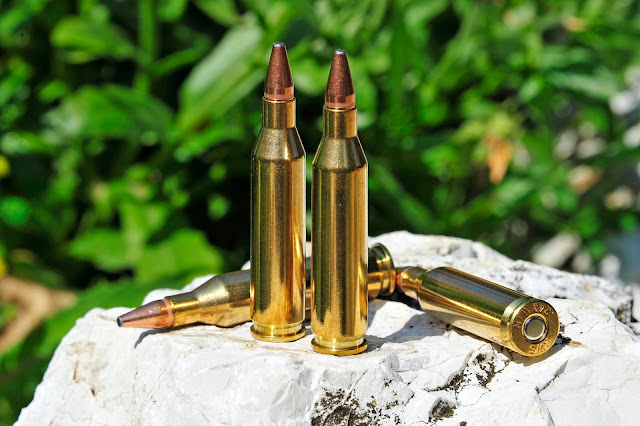Any material fired, dropped, broken, or detonated from a weapon is ammunition.
Ammunition is any material that is fired, dropped, broken, or detonated from a weapon. Ammunition, sometimes known as ammunition, is a gunpowder that is used to project force against a specific target. It is used in firearms, propellants, explosives, high explosive projectiles, cartridge systems, carrier projectiles, small arms ammunition, grenades, mines, pyrotechnics, terminally guided munitions, and improved conventional munitions, among other things. Ammunition is both throwaway weaponry and the component pieces of other weapons that have an effect on a target. To function, all mechanical weapons require some kind of ammo. As feedback on functionality is collected from the battleground, improvements, upgrades, and replacements are always being engineered.
Ammo is an abbreviation
for Ammunition which
includes bullets, gunpowder, and other fighting equipment. A scene in a
military film can show soldiers running out of ammunition. Ammo is a supply of
actual munitions or exploding substances and projectiles used in guns,
cannons, and other weapons.
A cartridge is a single
piece of Ammunition for a rifle or
pistol. It consists of a single projectile known as a bullet. The phrase
cartridge also refers to a single piece of shotgun ammunition, whereas
shotshell is a more specific term. A shotshell contains either a single bullet
known as a slug or a number of tiny pellets or shots.
Ammunition (abbreviated
ammo) is any material that is fired, spread dropped, or detonated by any
weapon or weapon system. Ammunition includes both expendable weapons (such as
bombs, missiles, grenades, and land mines) and the component pieces of other
weapons that produce an impact on a target (e.g., bullets and warheads).
The goal of ammunition is
to project a force towards a specific target in order to create an effect
(usually, but not always, lethal). A firearm cartridge is an example of
ammunition since it contains all of the components needed to deliver the weapon
effect in a single container. Until the twentieth century, black powder was the
most often used propellant, but it has now been nearly entirely supplanted by
newer chemicals.
Section for Competition
Poongsan Corporation, Alliant Techsystems, Inc., MaxamCorp Holding, S.L., BAE Systems plc, Nexter Group, Denel SoC Ltd., Rheinmetall AG, Diehl Stiftung & Co. KG, CBC Group, and Hellenic Defense Systems S.A. are key competitors in the global ammunition industry (EBO-PYRKAL).




Comments
Post a Comment